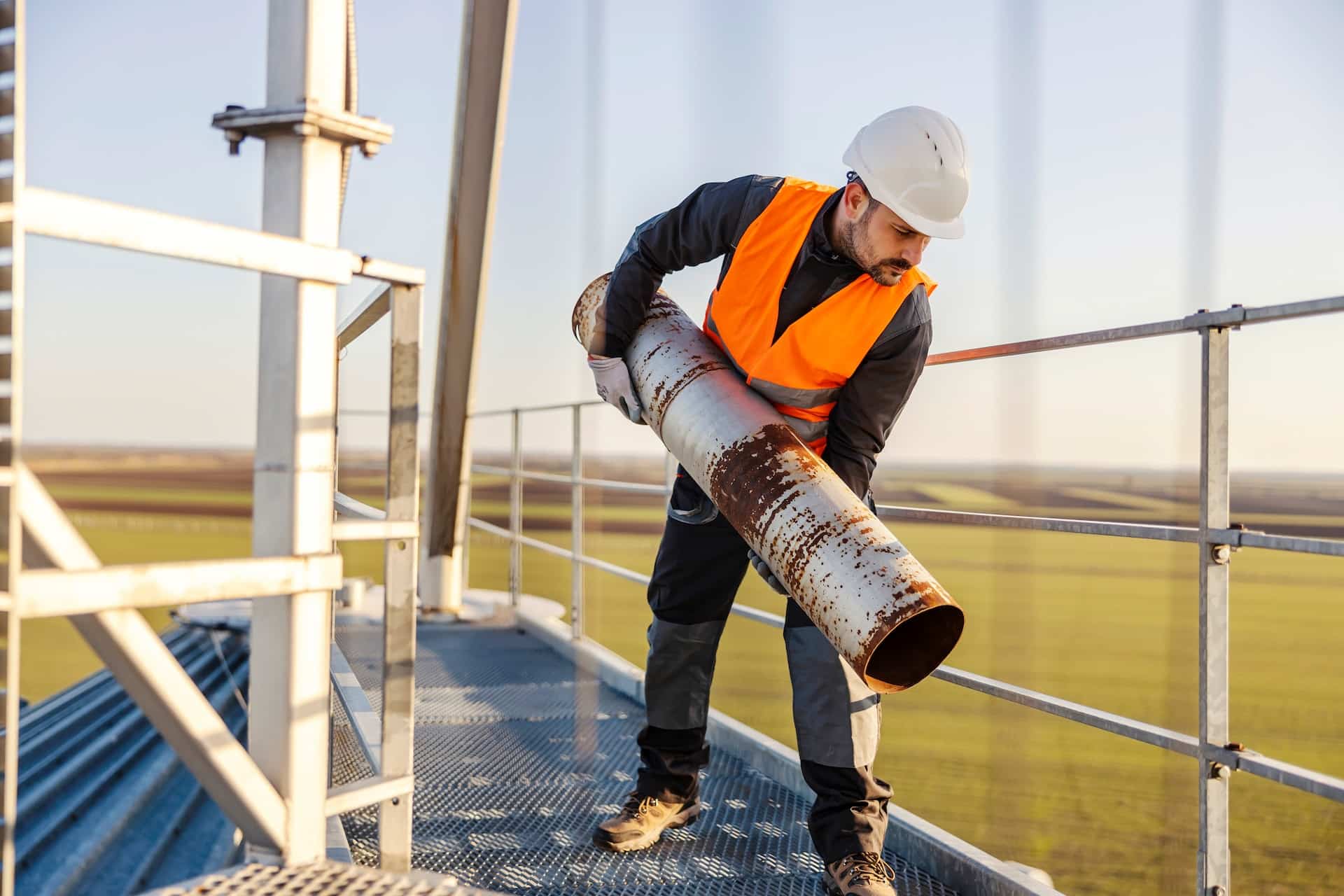The manufacturing industry has become increasingly aware of its environmental impact, and as a result, businesses have started to adopt sustainable manufacturing practices to reduce their carbon footprint and minimize waste production. Sustainable manufacturing emphasizes the responsible use of resources, energy efficiency, and waste reduction, leading to long-term benefits for companies and the environment. Custom roll forming, as a versatile, cost-effective, and efficient metal fabrication process, is uniquely positioned to support the green revolution in manufacturing.
Roller Die + Forming, a leading supplier of high-quality custom roll-formed products, understands the importance of environmentally responsible manufacturing practices. With a comprehensive range of material options, advanced production capabilities, and a commitment to reducing waste, Roller Die + Forming is not only an industry leader in roll forming but also in sustainable manufacturing.
Let’s delve into how custom roll forming contributes to sustainable manufacturing by examining its resource and energy efficiency, waste reduction capabilities, and the adoption of eco-friendly materials in the fabrication process. Roller Die + Forming shows our commitment to establishing efficient and environmentally responsible manufacturing processes that benefit businesses.
Resource and Energy Efficiency in Custom Roll Forming
One of the critical components of sustainable manufacturing is the efficient use of resources and energy, minimizing consumption without sacrificing quality or production capabilities:
- Material Conservation: Custom roll forming requires strip or sheet steel that is directly bent into the required profile, creating no waste in the bending and cut-off process and only minimal waste if holes are added to the profile., This contributes to the responsible use of resources and reduces overall material costs.
- Energy Efficiency: The roll forming process’s nature allows for reduced energy consumption, as it involves continuous rolling at room temperature, eliminating the need for energy-intensive heating or cooling steps common in other metalworking methods.
- Minimized Scrap Production: Custom roll forming generates minimal waste during fabrication, ensuring efficient use of raw materials and lower production costs.
- Continuous Manufacturing Process: The uninterrupted nature of the custom roll forming process results in streamlined production and reduced energy usage, contributing to overall efficiency and resource conservation.
Waste Reduction through Custom Roll Forming
Waste reduction is a fundamental aspect of sustainable manufacturing, and custom roll forming significantly contributes to minimizing waste production:
- Reduced Trim Scrap: Custom roll forming generates minimal trim scrap during fabrication, ensuring a higher material yield and promoting responsible resource utilization.
- Precision Engineering: The accuracy and precision of custom roll forming result in minimal waste due to errors, further contributing to waste reduction in the manufacturing process.
- Simplified Supply Chain: By consolidating several production steps into a single custom roll forming process or at a single facility, manufacturers can minimize waste generated in the supply chain and streamline overall production. Roller Die + Forming can perform a number of in-line and secondary operations, ensuring that the parts shipped fit exactly into our customer’s production plans.
- Recycling and Repurposing: Scrap material generated during custom roll forming can be easily recycled or repurposed, reducing the need for landfill disposal and promoting a circular economy in manufacturing.
Adoption of Eco-Friendly Materials in Custom Roll Forming
The use of sustainable, eco-friendly materials is an essential aspect of sustainable manufacturing, and Roller Die + Forming offers a wide range of material options to support environmentally responsible practices.
Lightweight, high-strength metals such as aluminum and advanced high-strength steel (AHSS) offer reduced weight, contributing to improved fuel efficiency and lower emissions in end-use applications.
We also aim to responsibly source raw materials. Roller Die + Forming is committed to sourcing its raw materials responsibly, ensuring they are obtained from environmentally and socially responsible sources and facilities in the USA, that adhere to industry standards.
Embracing Sustainable Practices at Roller Die + Forming
Roller Die + Forming’s commitment to sustainability and environmental responsibility extends beyond its manufacturing processes to encompass various aspects of its operations:
- Energy-Efficient Facilities: Roller Die + Forming invests in energy-efficient lighting, equipment, and facilities, reducing energy consumption and minimizing its environmental footprint.
- Waste Management: Roller Die + Forming actively seeks to reduce waste production in its operations through recycling programs, efficient material handling, and lean manufacturing practices.
- Employee Education: Roller Die + Forming encourages its employees to practice sustainable habits and continuously seeks opportunities for training.
- Sustainable Partnerships: By partnering with suppliers, vendors, and customers committed to sustainability, Roller Die + Forming contributes to a broader network of eco-friendly businesses dedicated to reducing the manufacturing industry’s environmental impact.
Custom roll forming plays a vital role in promoting sustainable manufacturing practices, with its resource and energy efficiency, waste reduction capabilities, and adoption of eco-friendly materials. Roller Die + Forming is committed to driving the green revolution in manufacturing by embracing these principles and fostering a culture of environmental responsibility in its operations.
By choosing to work with Roller Die + Forming, customers can trust in a supplier that prioritizes the use of sustainable methods, materials, and processes that align with their businesses’ broader environmental goals and values.

